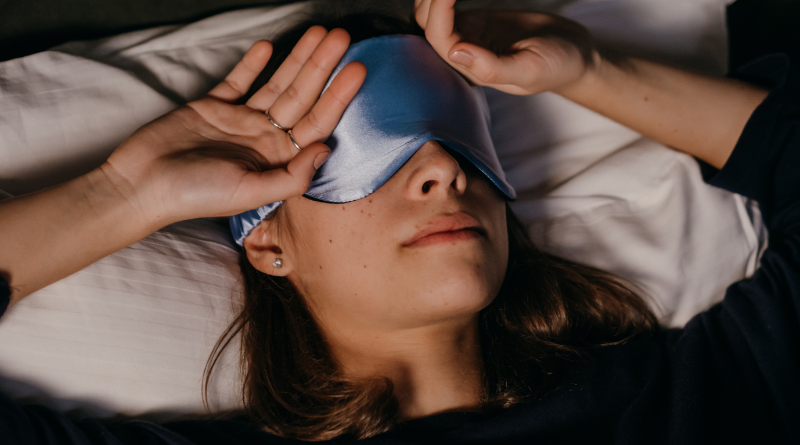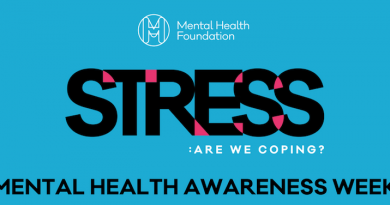How to sleep like a champion
When you don’t get enough sleep, stress levels go up and self-esteem tends to go down, so here are some ways to get yourself back on track
Sleeping is one of my favourite hobbies. But sometimes, especially during the winter, it can be difficult to get a good night’s sleep. Once your sleep schedule is off, it can be complicated getting it back on track, and your body, emotional state and motivation levels can suffer. Not getting enough sleep can also be a sign of many mental health issues like depression and anxiety.
Lack of sleep also tends to make these worse. So here are some tricks to try and get a good night’s rest.
Keep yourself active
One of the easiest ways to make sure you’ll be able to fall asleep quickly is to make sure you have a full, active day before trying to go to sleep. If your body and mind really need rest, chances are you will be able to wind down quickly, and won’t start overthinking.
Some great ways to make sure you’re actually tired when bedtime rolls around are doing regular exercise, leaving the house at least once during the day, and spending a full day doing work or projects. Not only do all of these activities lower your stress levels, but they will also ensure that you’ve spent enough energy during the day to need to recharge.
Meditate or do (daytime) yoga
Not being able to fall asleep can often be due to high stress levels or worrying about the next day. Meditation and yoga are great ways to help manage stress, and can give you more energy throughout the course of the day. But sometimes this technique can backfire if you try to do it too close to bedtime, so incorporating this into an early part of the day is usually most helpful.
Create a bedtime routine
The idea behind this tip is to give your body and mind time to wind down before you try to fall asleep. Doing things like a gentle personal care routine, reading or listening to calming music can get you ready to go to sleep. Don’t worry if this doesn’t work the first few times you try it. Once your body is conditioned to recognise that tea and a book means it’s almost time for bed, you will probably start to feel tired at bedtime.
Avoid using technology during your bedtime routine. Screens from your phone or laptop emit blue light, which confuses your brain’s circadian rhythm (i.e. day-night light signals). Because of this they may actually wake you up more. Even checking your phone’s alarm clock interrupts the cycle!
It’s also worth avoiding caffeine after a certain time such as 4pm – or even 2pm if you’re more sensitive. The same goes for eating large meals too close to bed time and napping.
Reset plan
If you don’t fall sleep quickly, get up and try to find something to do. This might seem counter-intuitive, but it is important to go do something relaxing that will help calm you down before trying again. If you stay in bed trying harder and harder to fall asleep, you will likely stress out about how much potential sleep you’re losing.
This can lead to more stressful thoughts about the past day or things that are coming up, and will probably keep you awake even longer. Taking a quick break from trying to sleep can help a lot. For example you could try making a list, drinking (decaffeinated) tea or having a warm bath.
Only use your bed for sleeping and sex
Okay, we all have days when we lie around in bed and do different activities there because it’s so cosy and comfy, but you should actually try to avoid your bed during the day. If your bed starts becoming a place where you hang out, study, and sleep, your mind will start associating it with activity. So, the further you can stay away from your bed when you’re not having sex or sleeping, the better.
Also, not discovering random stationary, crumbs or your mobile charger hidden in your duvet in the middle of the night is a plus.
Insomnia
Getting a good night’s sleep can make your mood better, lower stress and anxiety levels, and make you healthier and happier. A lot of physical symptoms can start to appear with a lack of sleep too. These could be poor concentration, irritability, and even depression. If you’re having trouble sleeping most nights then you might have insomnia. If lack of sleep is becoming a serious problem, it’s important to try and get to the bottom of this with a medical professional, so bedtime can go back to being a sigh of relief.
Other support
Read more
Last Reviewed 5 July 2023
Image Credit: Polina Kovaleva via Pexels





